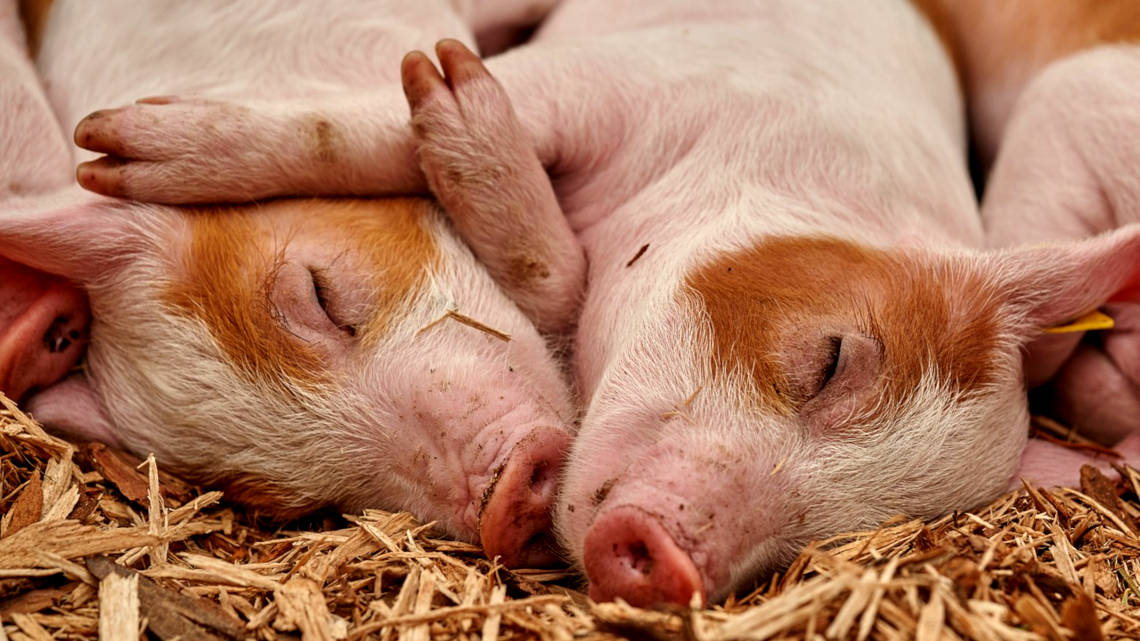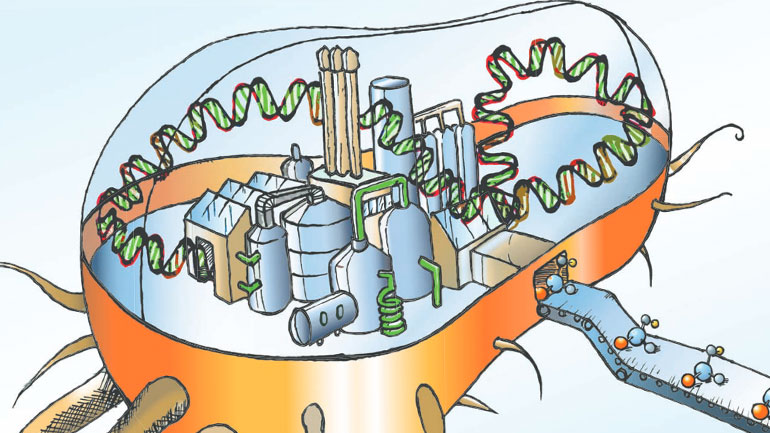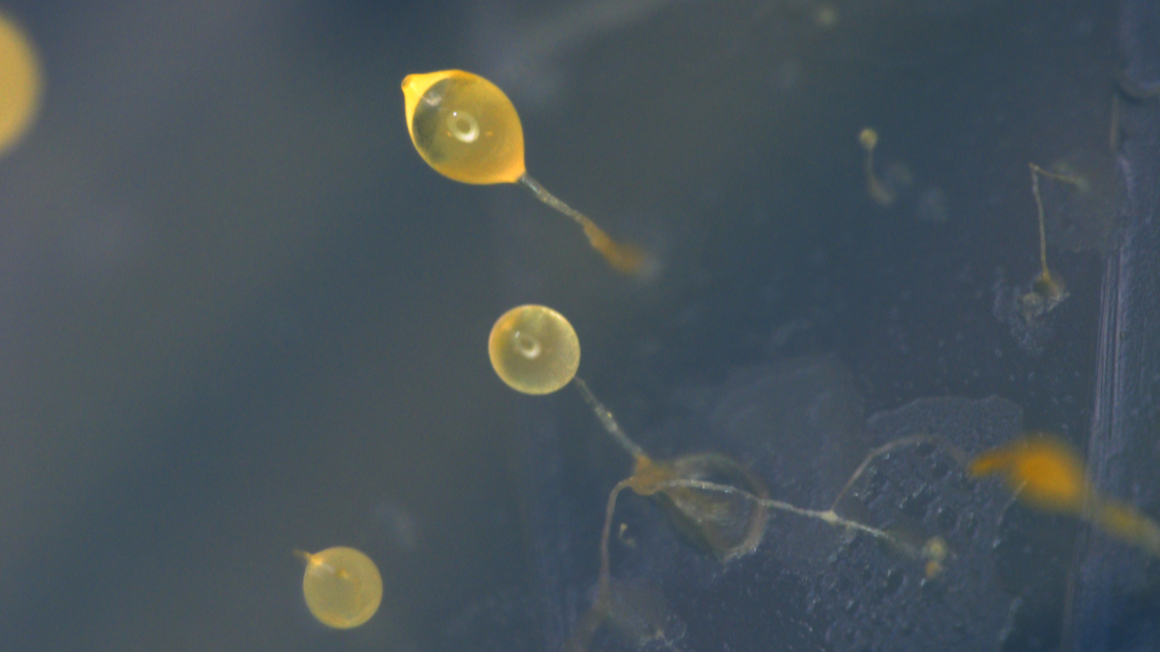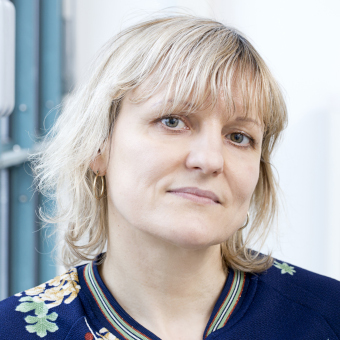Pluripotent stem cells from pigs
An international team of researchers has obtained a special variant of pluripotent stem cells from pigs. They hold potential for agriculture and medicine.

Big news in stem cell research in farm animals: Together with colleagues from Great Britain and China, scientists from the Friedrich Löffler Institute (FLI) in Mariensee, Germany, have created a novel variant of pluripotent stem cells in pigs. Using a special nutrient medium, the researchers have obtained embryonic stem cell lines (ES) with "expanded potential" from pig embryos (Expanded Potential Stem Cells, EPSCs). The consortium reports on the production process in the journal "Nature Cell Biology".
Obtained stem cells are more than pluripotent
Embryonic stem cells can differentiate into any possible cell type of an organism. In addition, they can be kept in culture as an unlimited cell line, which is only possible to a limited extent with already differentiated cells. So far, however, attempts to obtain pluripotent embryonic stem cells from larger mammals have had only limited success. The result was cell lines that did not fulfil all the properties of pluripotency and were therefore referred to as "ES-like".
However, EPSCs obtained with the culture medium are of particular interest to stem cell researchers. "They even have greater development potential than pluripotent stem cells," FLI researcher Monika Nowak-Imialek told bioökonomie.de. The "expanded potential" is that the stem cells can give rise not only embryonic but also extraembryonic tissue (trophoblast), such as the placenta. "Our porcine EPSCs isolated from pig embryos are the first well-characterized cell lines worldwide," said Nowak-Imialek. The potential of EPSCs to develop into any cell type opens up new opportunities for developmental biology, regenerative medicine, organ transplantation, disease models and the search for potential drugs. But it also opens up new perspectives for animal breeding.
Use for disease models and drug tests
Pluripotent stem cells have many advantages: the cells can easily be modified using genome editing, for example to develop disease models. They can also be used to produce organ chips or organoids, three-dimensional tissue collections that can be used to test the tolerability and efficacy of pharmaceutical substances.
bl/pg/um


